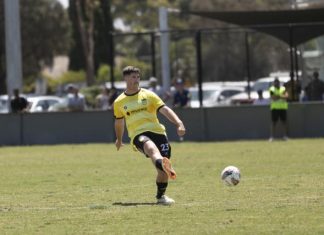Jenan Taylor
Excessive loud noise, ear wax build-up, illness and head injuries can affect your hearing. They could also impact your sense of balance and, in turn, your life.
Hearing disorders and balance disorders don’t necessarily go together. “You can have perfect hearing and zero balance or, conversely, you can have perfect balance and zero hearing,” says vestibular audiologist, Joey Remenyi.
But problems can happen when the inner ear or vestibular which houses both the hearing and balance apparatus gets damaged.
The balance organs in the left and right ears collect movement vibrations and feed the information to the brain which then tells the body to move left or right, forwards or backwards and so forth.
When the balance organs suffer anatomical damage they can’t work effectively and signals can be confused, leading to sensory conflicts and vertigo. Disorders including Meniere’s disease, Vestibular migraine and hearing loss can arise.
Dizziness problems affect 10 to 30% of people in the community, according to Neuroscience Research Australia, and the prevalence increases with age. Waves of nausea, vertigo and tinnitus can add to the burden, and the impacts of on-going dysfunction can be significant, with sleep deprivation and job loss being among many hardships.
“I know women who cannot pick up their babies,” says Remenyi. “Lots of people can’t drive, can’t handle being in crowds, going to the restaurants, supermarket. There can be complete breakdown of relationships, total loss of self-esteem, high anxiety, depression, social restrictions.”
Inner ear damage can also be invisible to medical testing and so really debilitating and lonely, she adds.
Fortunately, the brain and body can adapt. “You could lose all of your balance function in one ear, but your brain would return to normal balance because it will listen to the good ear and ignore the signals from the damaged one.”
Where there are prolonged balance conditions, Remenyi says, people are usually hypervigilant and very anxious.
“However, many balance conditions can resolve quite quickly for many people if the person has a good connection to their body and a good relationship to their body.” So, recovery necessitates a wholistic approach – mental, emotional and spiritual – rather than just physical exercises and gym training, she says.
Prevention is everything, of course. Specialists recommend wearing ear plugs or ear muffs and ear guards, helmets or other protective head gear for risky sports, work and leisure settings.







